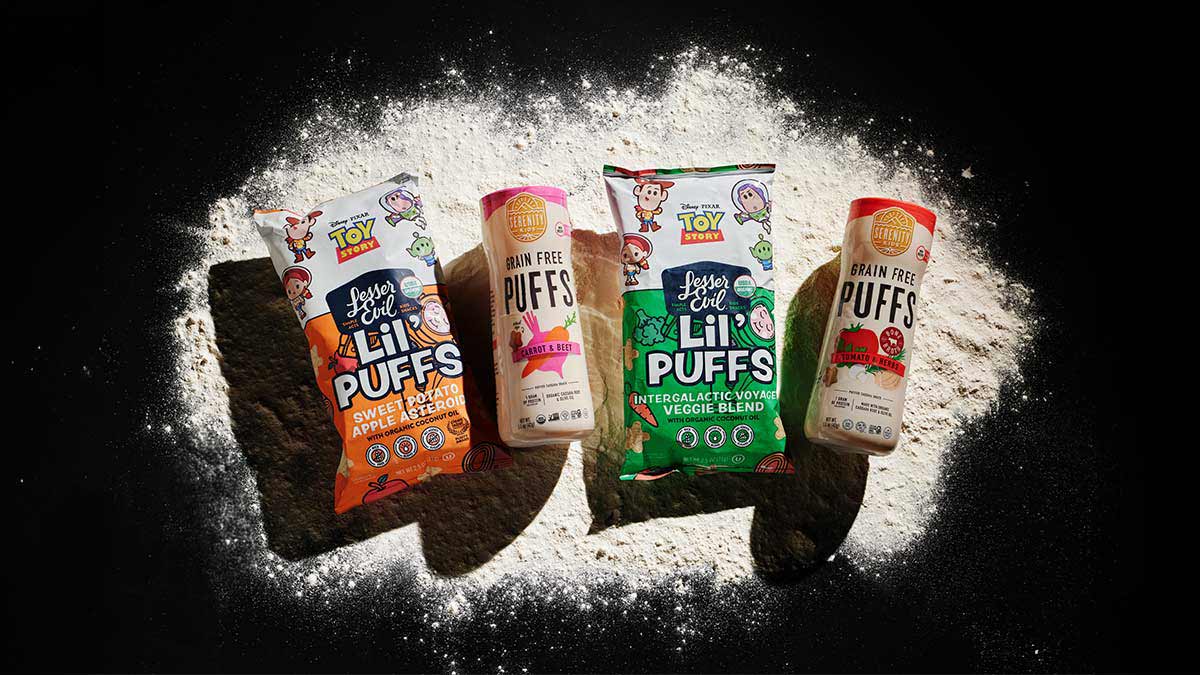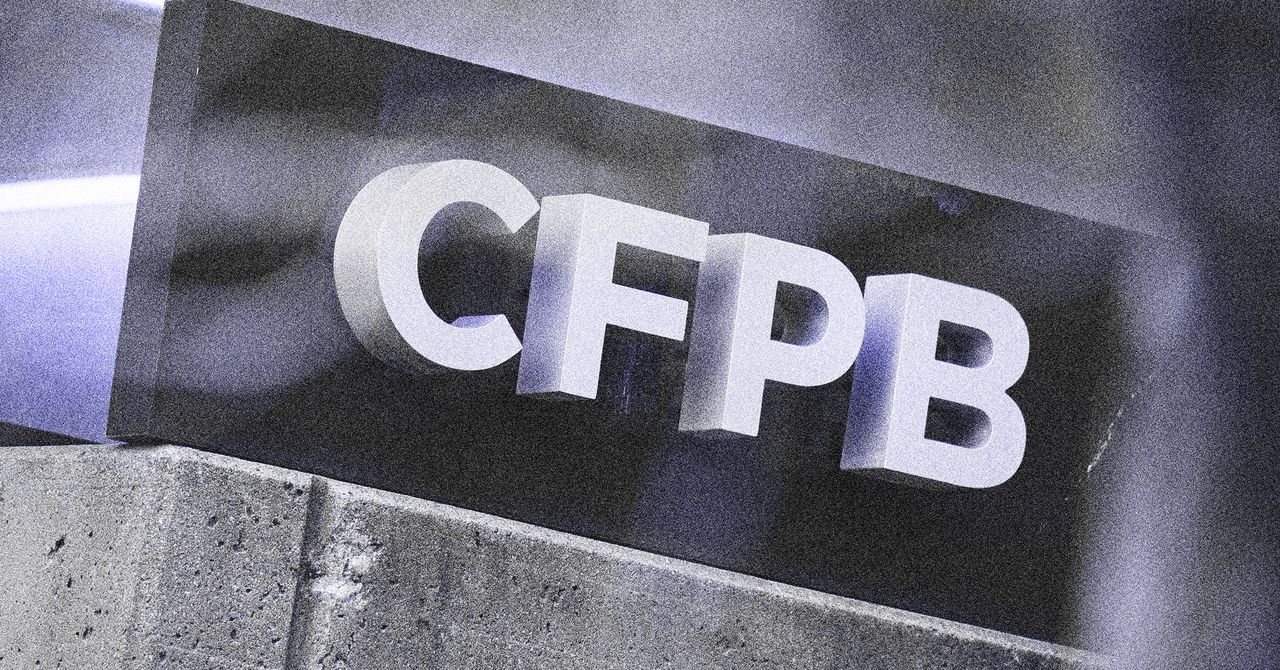
A few servings a week of a food that’s on the higher side for lead won’t pose immediate risks to your child. But it’s a good idea to minimize the amount of heavy metals in your family’s diet when you can, especially because your child may be exposed to lead and other heavy metals from the air, water, or other foods. And there are plenty of alternatives low in heavy metals.
Serve packaged baby snacks sparingly. This includes not just puffs but bars, rice crisps, teething biscuits, cookies, and other highly processed snacks. Potential heavy metal contamination aside, most packaged snack foods aren’t very healthy for children anyway, says Maya Vadiveloo, PhD, professor of nutrition at the University of Rhode Island. What fruits and vegetables they do contain are often in powder form, and “when you extract foods from their whole food sources, they don’t have the same benefits,” she says.
Emphasize whole foods low in heavy metals. These include oats and other whole grains (except rice), apples, applesauce (unsweetened), avocados, bananas, butternut squash, green beans, peaches, strawberries, baby food meats, eggs, beans, cheese, and yogurt. If babies are just learning to eat solids and choking might be a worry, any of these can be cooked, puréed, or mashed before serving. The more babies are introduced to a wide variety of tastes and textures from developmentally appropriate whole foods, early in life, the broader their palate for healthy foods will be as they grow up, Vadiveloo says. Additionally, a diet that provides a variety of nutrients—such as calcium, iron, selenium, vitamin C, and zinc—may help offset some of the damage heavy metals can do to the body.
Go easy on the fruit juice. Past CR tests found inorganic arsenic and lead in many apple and grape juice brands. In addition, all fruit juices are concentrated sources of sugars and lack fiber. The American Academy of Pediatrics recommends not giving fruit juice to babies in the first year of life and limiting juice to 4 ounces a day for kids ages 1 to 3 years and 6 ounces for 4- to 6-year-olds for nutritional reasons.
Don’t ditch healthy foods. Rice, fresh cassava, sweet potatoes, carrots, and other root vegetables can be high in heavy metals, but they can be essential sources of nutrients in kids’ diets. You don’t have to eliminate them. Instead, serve them in rotation with various vegetables and whole grains.









